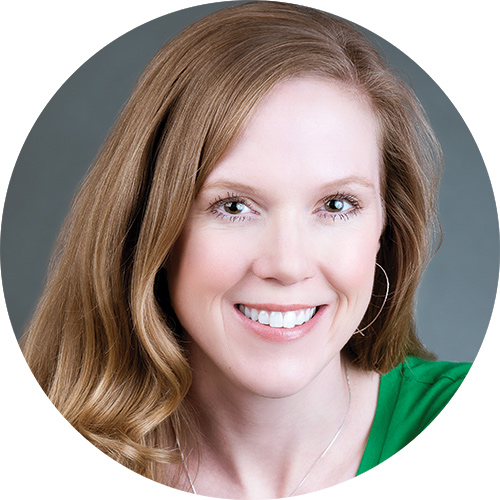We had connected for over a month about the very real truth that she needed to go to treatment. She didn’t have cancer though.
Amy needed help for an eating disorder, yet, like many, including myself for a long time, she had plenty of excuses for why she couldn’t follow her treatment team’s recommendation. The biggest one, understandable to any single parent: “There is no one to take care of my kids.”
Several weeks ago, I had asked her what would happen if she had cancer and her doctor urged her to admit to the hospital immediately.
Would she quickly go?
Would she stay as long as necessary to save her life?
Would someone, somehow, take care of her children?
Yes, yes, and yes, she answered. So, I said, “You have cancer.”
Anorexia nervosa has the highest mortality rate of any psychiatric illness. Tragically, just like many with cancer, people with all types of eating disorders can die. Eating disorders are serious illnesses that deserve the same attention as physical ones.
A couple of days later, talking with Casey on the phone, I asked, “If you had a brain tumor, would you get medical help as soon as possible?”
Casey didn’t have a brain tumor or an eating disorder, but he did have another serious and life-threatening illness, posttraumatic stress disorder, PTSD. He answered me, “Yes.”
“You have a brain tumor,” I told him.
PTSD does indeed alter the brain. Among other changes visible in scans, the hypothalamus, which is relevant to processing memories, can shrink considerably in people with PTSD. Many clinicians even refer to the illness as a brain injury. In fact, some in the military have fought to change the name PTSD to PTSI, posttraumatic stress injury. There is no Purple Heart for PTSD, yet PTSD is as real as a shrapnel wound.
Mental illness is not “just in our head,” but it is rather literally in our head.
Just as with PTSD, scans reveal many changes in the brains of people with eating disorders. When it comes to anorexia nervosa, the entire brain can shrink. Remember that the brain is an organ in the body. Thinking about mental illness in this way sure does blur that line we like to draw between what is “physical” versus “mental.” Researchers are continually finding more and more biological markers—physical ones—for mental illnesses.
Amy and Casey require treatment in order to heal their brains. Treatment, in fact, rewires the brain. Unlike Amy, Casey isn’t ready to commit to getting help right now. Although he did admit that if he had cancer, he would have checked into a hospital a long time ago. With PTSD recovery, Casey still believes, “I can do it on my own.”
It is much less common for a person with a serious physical illness to refuse all medical help and say something like, “I’ve got it covered.” Yet, this happens all of the time in the world of mental health. I know firsthand because I said the same thing in regard to my eating disorder as well as PTSD. To get better, I ultimately sought professional help for both.
Life-threatening illnesses require all of the support that can be mustered.
I opened up about my problems to loved ones. This wasn’t easy, and, in the beginning, with my eating disorder, I refused to do it. It helped me a lot when my mom, who I had finally told about my struggles, said, “If you had cancer, we would tell your brothers. We would need all of the love, support, and prayers that we can get. Your eating disorder is no different.”
My mom emphasized that there is no shame in having a mental illness, just as there is no shame in having cancer. She is a cancer survivor; so is my dad. They sought the best care immediately, and they got better.
I told my brothers. They didn’t look down on me, nor blame me, but did whatever they could to support me.
Amy just sent me a text message about what she might tell her son’s teacher regarding her absence during the first weeks of the new school year. Then, Amy remembered: if she had cancer, she would tell the truth. So, no shame, she told the teacher that she is in treatment for an eating disorder. With that, Amy gained one more person who can possibly offer support. My hope and belief is that Casey can reach this same kind of clarity.
When we acknowledge the wall before us and just how high it stands, together, we can conquer it.
Cancer is tall.
An eating disorder is tall.
PTSD it right there with them.
With support and treatment, we can grow higher. Amy is doing just that, right now. That’s why she thanked me for telling her she had cancer.

About Senior Fellow Jenni Schaefer
A Senior Fellow with Meadows Behavioral Healthcare and an advocate for its specialty eating disorders program, The Meadows Ranch, Jenni Schaefer is a bestselling author and sought-after speaker. For more information, visit https://jennischaefer.com/

